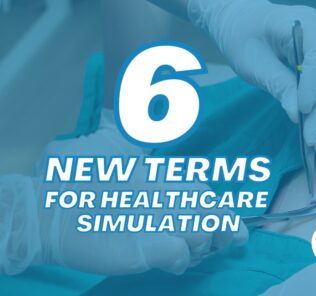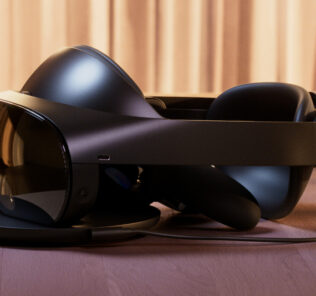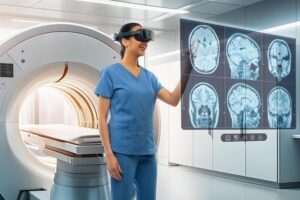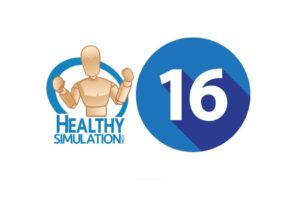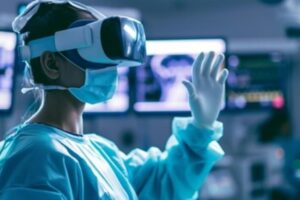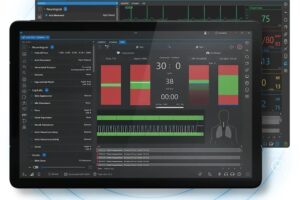Virtual Medical Coaching Provides VR Radiographic Simulation Training
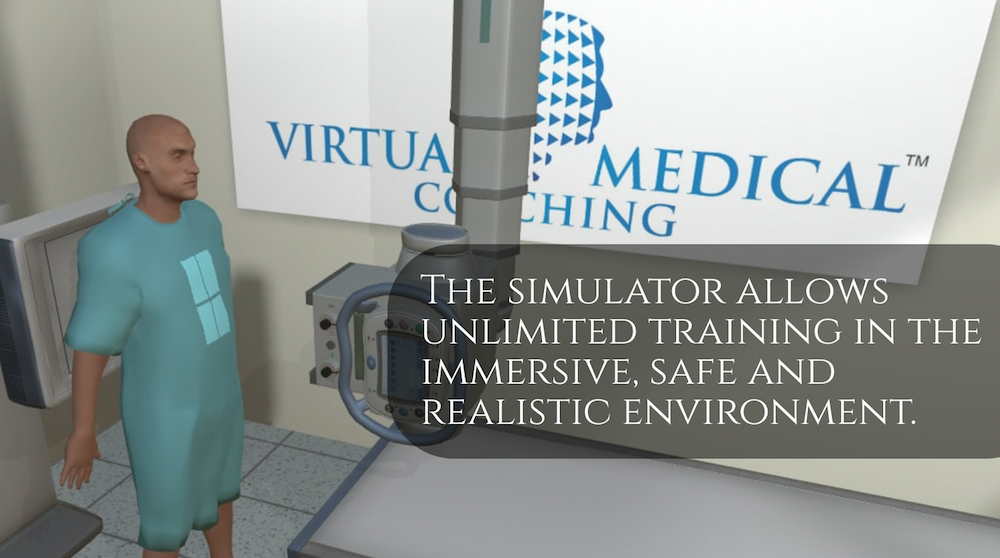
New Zealand based Virtual Medical Coaching has launched VR based simulated radiography training taking advantage of 3d-spacing to train medial professionals with realistic physical motion skills training requirements.
About VMC
Sponsored Content:
Virtual Medical Coaching offers you the world’s first true Virtual Reality application for learning radiographic positions and principles. In the radiation free simulator, the user can perform radiographic examinations as in the real world, critique the resulting images and get instant metric feedback in a way that is impossible in conventional education. The simulator allows for unlimited training in the immersive, safe environment. In addition, our adaptive e-coaching modules move e-learning from linear training to a more sophisticated program able to adapt to learners’ needs. Combining practical skills assessment, classroom training, and e-coaching is integral to Virtual Medical Coaching’s design.
The Benefits of Training in VR
According to Andrew Connell, CTO of Virtalis, we trap learners behind the computer screen now, so they can only touch with a mouse. “But we want people to become immersed in their 3D model; to reach in with their hands and really dig about inside a product to explore, learn about, and improve it, while also communicating with others in the organization about those products.” Virtual Medical Coaching offers that. Users are able to access and experience, in real-time, an interactive and immersive VR environment created from 3D datasets. If they want to touch the patient they reach out and do so; if they want to adjust some machinery they turn the controls with their hands. All of this, of course, in a virtual world. Numerous studies have demonstrated that close to half the students who study STEM (science, technology, engineering, and maths) subjects in school end up dropping those subjects at undergraduate level, and one of the common complaints about STEM education is it relies too heavily on theory and doesn’t provide a lot of hands-on experiences to students.
Learn more on the VMC website!
Sponsored Content:
Lance Baily, BA, EMT-B, is the Founder & CEO of HealthySimulation.com, which he started while serving as the Director of the Nevada System of Higher Education’s Clinical Simulation Center of Las Vegas back in 2010. Lance is also the Founder and acting Advisor to the Board of SimGHOSTS.org, the world’s only non-profit organization dedicated to supporting professionals operating healthcare simulation technologies. His co-edited Book: “Comprehensive Healthcare Simulation: Operations, Technology, and Innovative Practice” is cited as a key source for professional certification in the industry. Lance’s background also includes serving as a Simulation Technology Specialist for the LA Community College District, EMS fire fighting, Hollywood movie production, rescue diving, and global travel. He and his wife Abigail Baily, PhD live in Las Vegas, Nevada with their two amazing daughters.
Sponsored Content:





